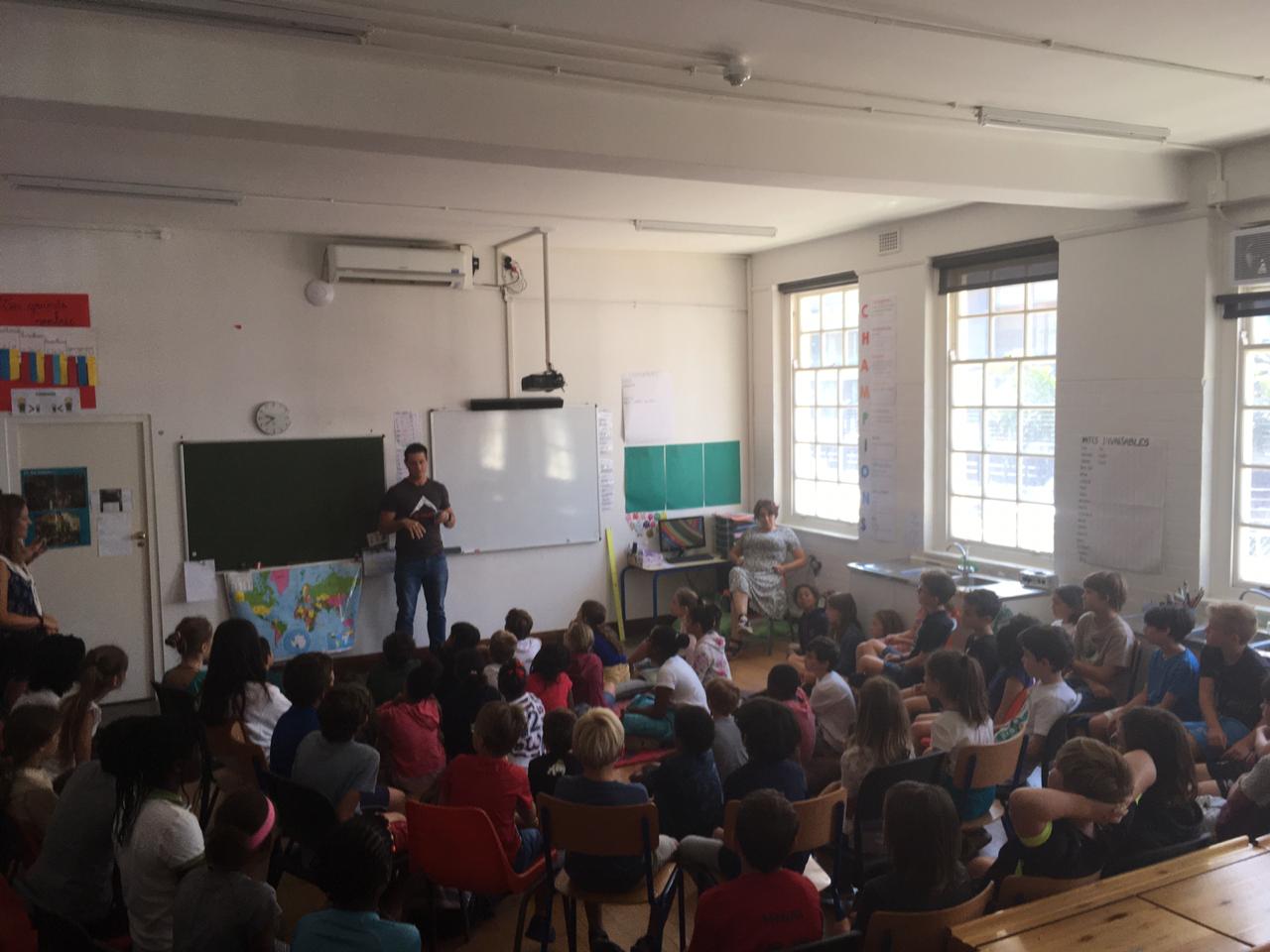
Why sustainability should be part of school curriculums
The youth of today is the future of tomorrow and we need to preparing them with the tools to build a better tomorrow.
As the world addresses climate change we see consumer behaviour changing and new legislation and taxes being implemented focused on reducing carbon footprints. This conscious movement is growing rapidly as access to sustainable products and technology increases. Business as we know it has to change; if we want to attract new blood into our companies and meet the expectations of our consumers we need to start delivering on sustainable solutions.
Sustainability dates back more than 30 years. It first featured in the 1987 Brandtland Report presented by several countries at the United Nations.
“Imagine how businesses and products will be designed in the future if kids learnt about sustainability at school and understood the frameworks of circular economy and biomimicry,” says CN&CO’s Blake Dyason who founded Love our trails and is helping the French School of Cape Town to launch its sustainability project.
Blake says we need to connect people to nature to experience the beauty and feel its benefits first hand. If we can make nature important to people’s lives, we stand a good chance of protecting it.
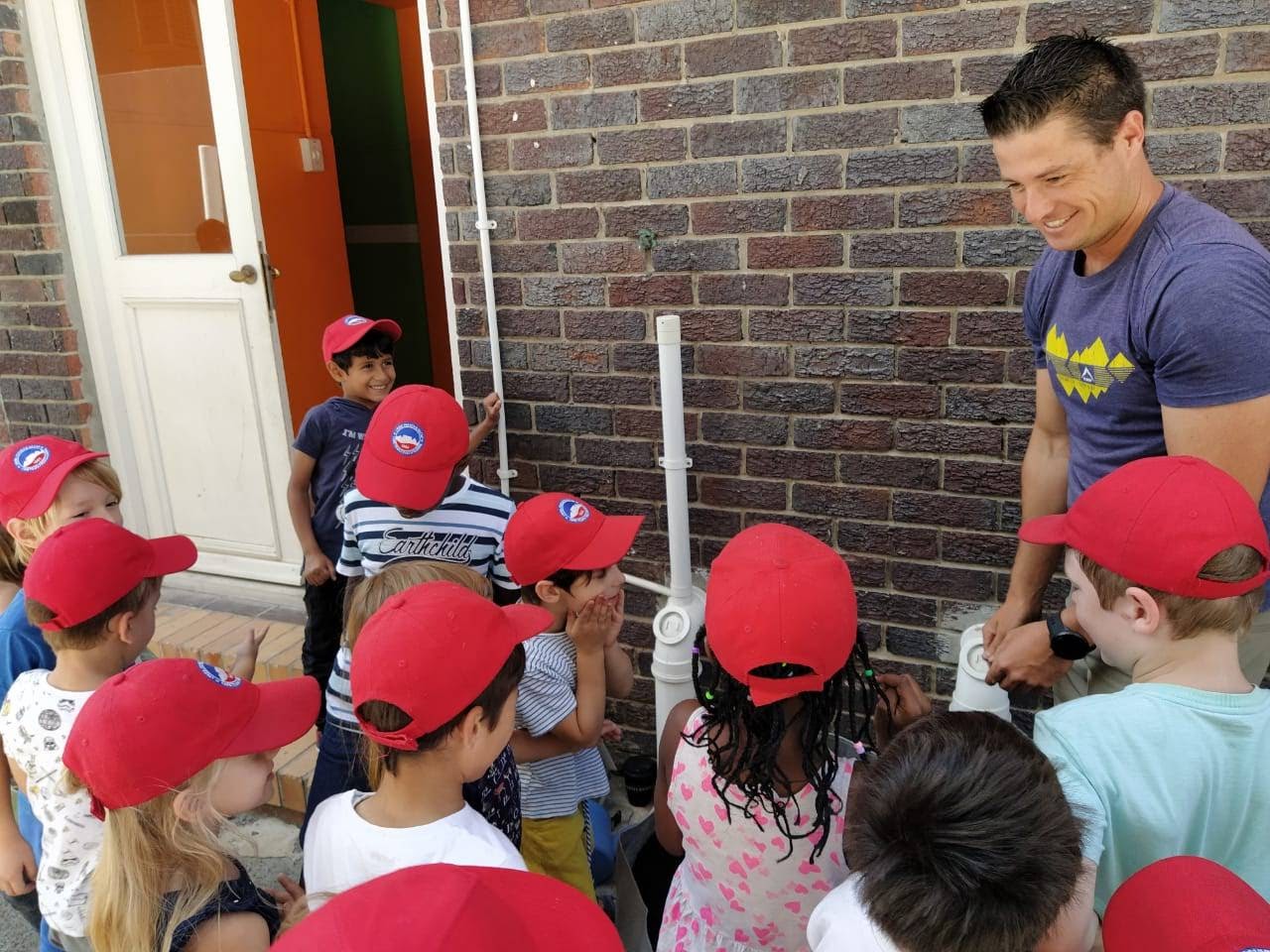
The French School of Cape Town launched its sustainability project to over 300 primary school students in partnership with Love our trails.
It kicked off with a series of school talks about waste, single-use plastic, alternative solutions to single-use plastic and conscious consumerism.
The school hosted four beach cleanups, bringing the students and some parents together in an effort to clean our beaches and understand everything they have learnt from the talks
2020 is about closing the circle, kicking off the year with a talk on circular economy, how we as citizens can make things without waste, having as little impact on our environment and future generations as possible.
Each class was allocated a garden to grow vegetables (thanks to Reel Gardening for the awesome starter kits) to contribute to the canteen that feeds them with fresh meals, while all food waste into the Bokashi composting drums before it goes back into the gardens as compost to grow more vegetables. The students already sort their waste for recycling, leaving the school with virtually no waste.
All schools should be doing this.
South Africa’s is running out of landfill space and has no plan to build new sites. Organic waste is the second biggest contributor to our landfills and most of this is compostable. We can make a difference.
Here are some pictures from the workshops that Blake ran with each class.
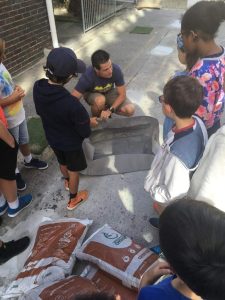
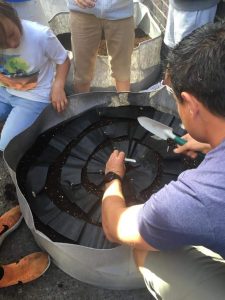
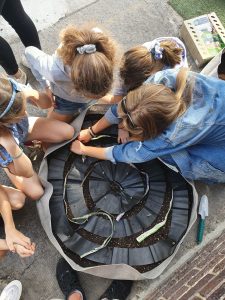
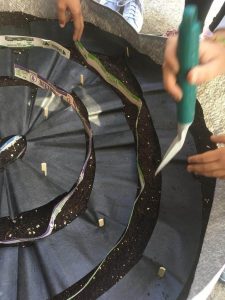

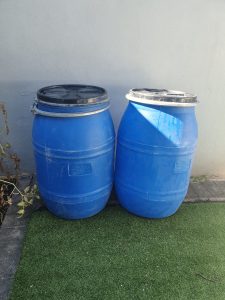
If you want to be part of the sustainability journey, here are 10 great ways to be more sustainable in 2020.




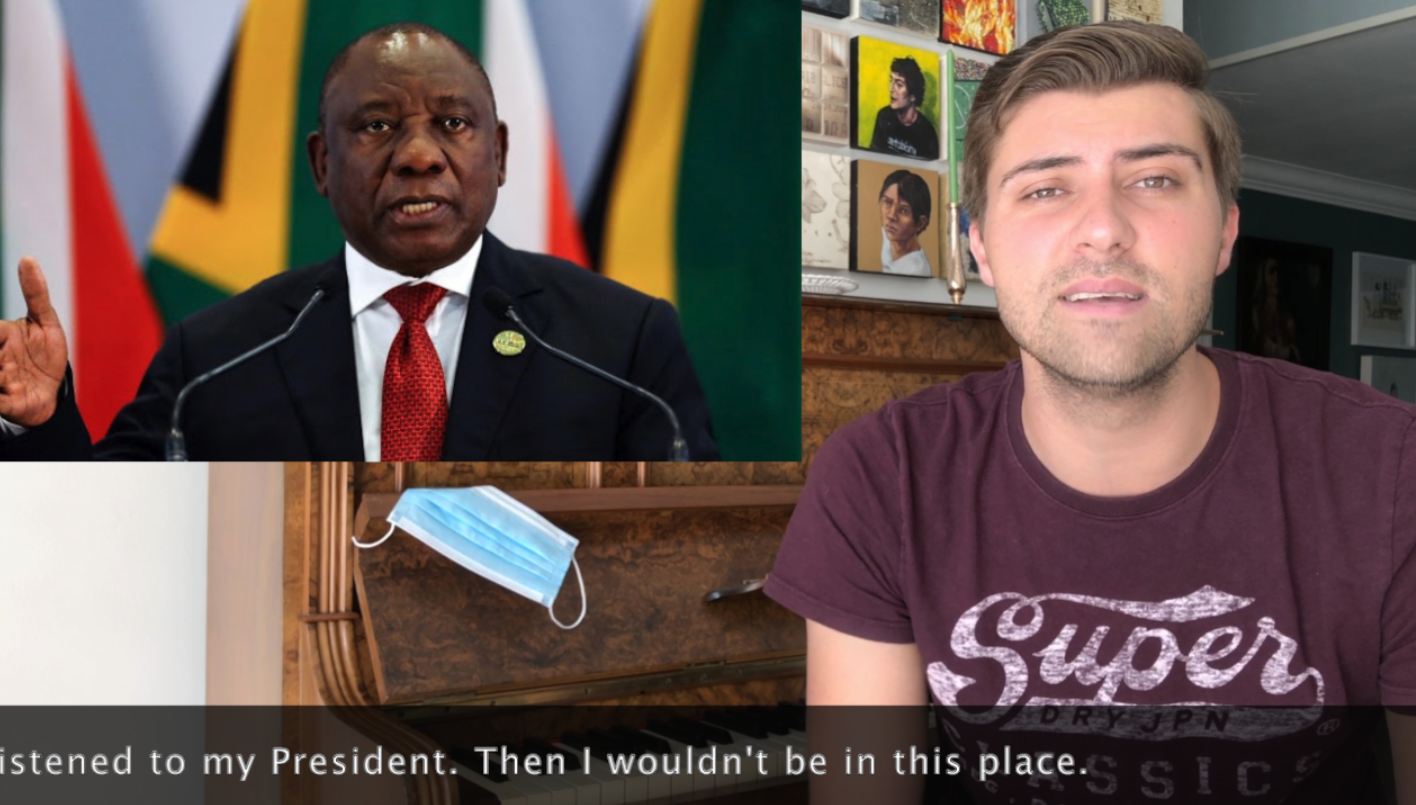

Leave a Reply